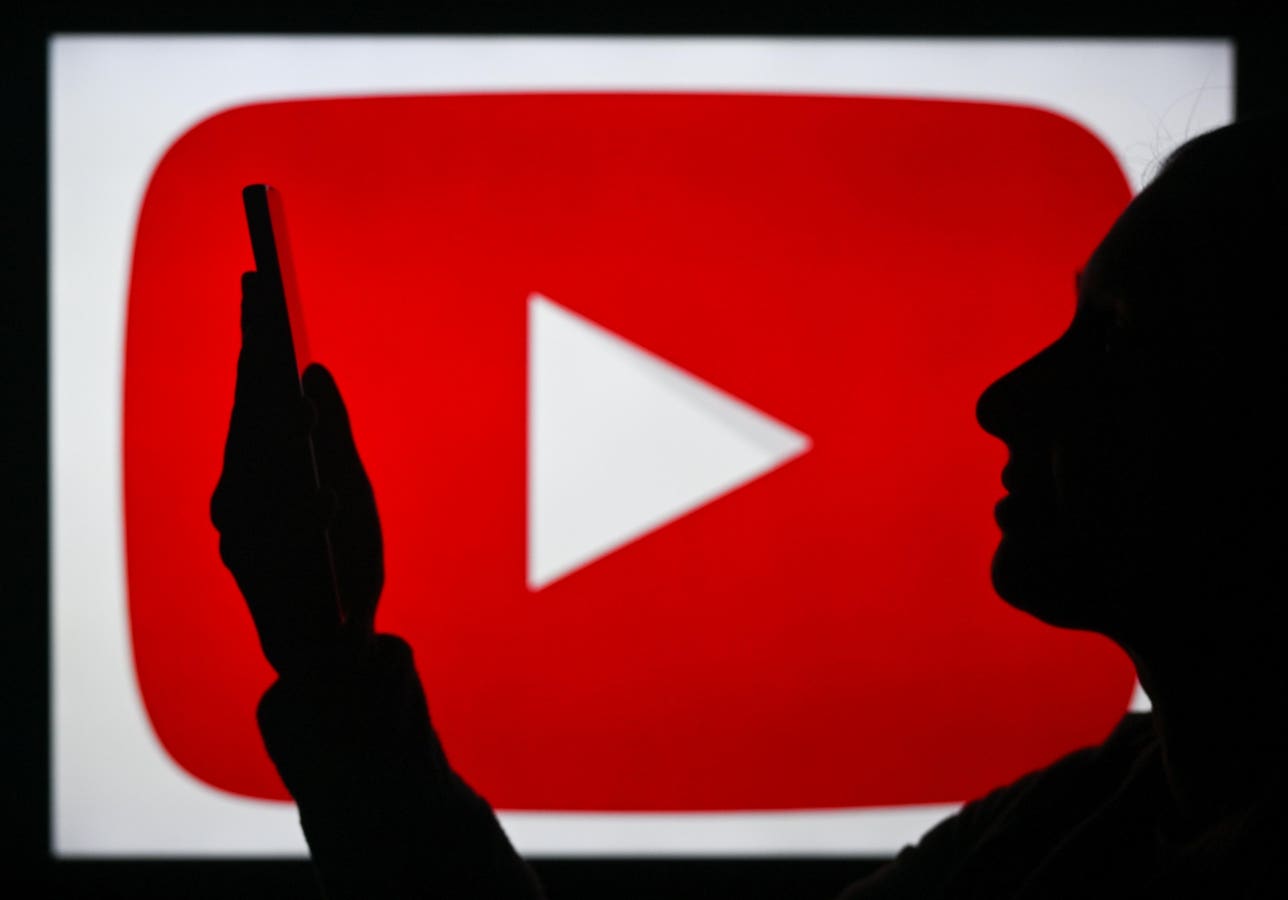AI is pushing marketing into its Moneyball era—where data, not intuition, reshapes how companies compete and create.
getty
Marketing has always been part science and part intuition — a mix of art, storytelling and educated guesswork. But the arrival of artificial intelligence has shifted that balance dramatically. In the same way that Moneyball analytics transformed baseball by replacing instinct with evidence, data and AI are changing how companies make marketing decisions, revealing what actually drives growth — and what doesn’t.
This new data-driven reality is forcing an identity crisis across the industry. AI offers unprecedented visibility into consumer behavior, ad performance and search dynamics. Yet it also raises uncomfortable questions about creativity, authenticity and trust in an age when algorithms increasingly decide what humans see.
The End of the Guesswork Era
For decades, marketers have justified ambiguous results as a cost of doing business. Agencies dazzled clients with glossy dashboards and vague metrics about engagement, impressions, or “brand lift.” The process often seems more like faith than science.
AI has upended that. Machine learning systems can now process massive datasets in real time, correlating content performance, audience intent and conversion behavior across platforms. Every decision — from where to place an ad to how to phrase a headline — can be tested, predicted and optimized.
The result is something of a “Moneyball effect” for marketing: small, precise adjustments — grounded in data rather than hunches — producing exponential results. As with the Oakland Athletics’ analytics revolution, the advantage doesn’t necessarily go to the biggest spender anymore. It goes to those who measure better.
Automation Meets Accountability
One example of this shift comes from Miami-based startup FirmPilot, which began as an experiment to help a personal injury attorney in an overcrowded market stand out online. Founder Jake Soffer, a computer engineer specializing in natural language processing, discovered that generic AI tools like ChatGPT produced legally unreliable or shallow content.
Instead, Soffer and his team developed two proprietary AI models designed specifically for legal marketing: Domain Expertise and Competitive Intelligence.
- Domain Expertise was trained exclusively on verified legal sources — case law, statutes and professional journals — to ensure factual accuracy and contextual relevance.
- Competitive Intelligence continuously analyzes the marketing ecosystems of competing firms, crawling sites, ads and backlinks every 90 minutes to identify emerging opportunities.
Together, the systems bring scientific precision to an industry that has long run on intuition. What started as a $12,000 side project to help one attorney grew into a company now serving more than a hundred firms, valued at over $50 million.
“AI gives us more clarity,” Soffer said. “But it doesn’t replace judgment. At the end of the day, data tells you what’s happening, not always why.”
Redefining Legal Marketing with Predictive Analytics
FirmPilot’s rise underscores how predictive analytics is redefining marketing for professional services. Historically, law firms relied on big budgets and brand awareness to compete. Now, predictive modeling allows even smaller firms to fine-tune campaigns with real-time performance data — adjusting messaging, budgets and targeting to match what actually drives engagement.
In an industry long guided by referrals and reputation, AI now provides an empirical foundation for growth. Instead of hiring agencies to “guess better,” firms can forecast outcomes, validate strategy and adapt dynamically.
This doesn’t eliminate the need for creative storytelling — it simply demands that creativity be accountable to evidence. As Soffer puts it, “You don’t need a massive ad budget to win. You need to understand what the data is trying to tell you.”
Within months of its debut, Soffer’s first client ranked first in Google search results for one of Miami’s most competitive legal terms. The company has since attracted $12 million in funding from Thomson Reuters Ventures, HubSpot Ventures and Blumberg Capital — not for reinventing marketing, but for proving that data-driven discipline can outperform guesswork.
The Perils of Over-Optimization
That caveat is critical. As more companies turn to automation and predictive analytics, marketing risks becoming a closed feedback loop where efficiency trumps originality. When every decision is guided by an algorithmic score, creativity can flatten into formula.
AI systems also inherit the biases of the data they’re trained on — rewarding clickbait over credibility, quantity over quality. In industries like law or healthcare, where accuracy and trust are paramount, this creates new ethical tensions. The temptation to “game the algorithm” can undermine the integrity of the very messages brands hope to amplify.
Melinda Marks, cybersecurity practice director at Omdia, noted that organizations should treat AI as an accelerator rather than an autopilot. “AI is game changing technology, and those who best learn how to leverage it can gain advantages to speed innovation to leapfrog competitors,” she said. “At this point, it still best for assistive tasks and requires checking with humans in the loop, but it will rapidly evolve to autonomously take over tasks.”
And while data can expose inefficiency, it can’t replicate human empathy. Successful marketing still depends on understanding people’s fears, hopes and motivations — dimensions that are quantifiable only in part.
A New Kind of Creativity
The challenge now is integration: how to combine machine precision with human imagination. The companies leading this next wave of digital transformation aren’t replacing creatives with coders — they’re building partnerships between them.
The firms that thrive will be those that treat AI not as a crutch but as a collaborator — using data to inform strategy without allowing it to dictate every move. It’s the same lesson Moneyball ultimately taught baseball: analytics can reveal inefficiencies, but intuition still wins championships.
Omdia’s Marks echoed this idea, noting that organizations will need to continually reassess which tasks are safe to offload to AI and which still demand human nuance and creative skill.
The Next Play
AI doesn’t eliminate the creative spirit of marketing, but it does demand that it evolve. Success will not be a function of who can automate the most. Instead, it will be defined by who asks better questions of their data, recognizes its blind spots and uses it to tell more resonant stories.
The Moneyball revolution didn’t destroy baseball — it made it smarter. AI is doing the same for marketing. But just like in the game, numbers only matter when they’re used to win the right kind of battles.
Whether it’s a global brand or a small law firm in Miami, the challenge is universal: to turn insight into impact without losing authenticity.









